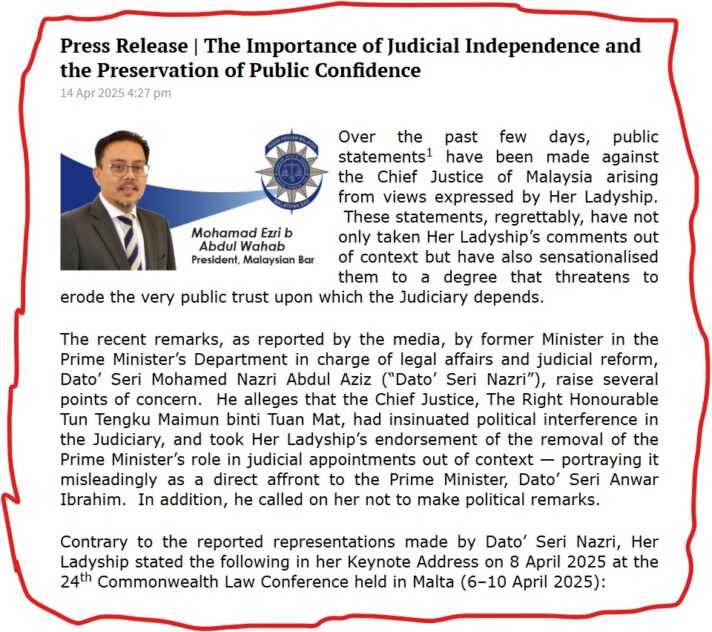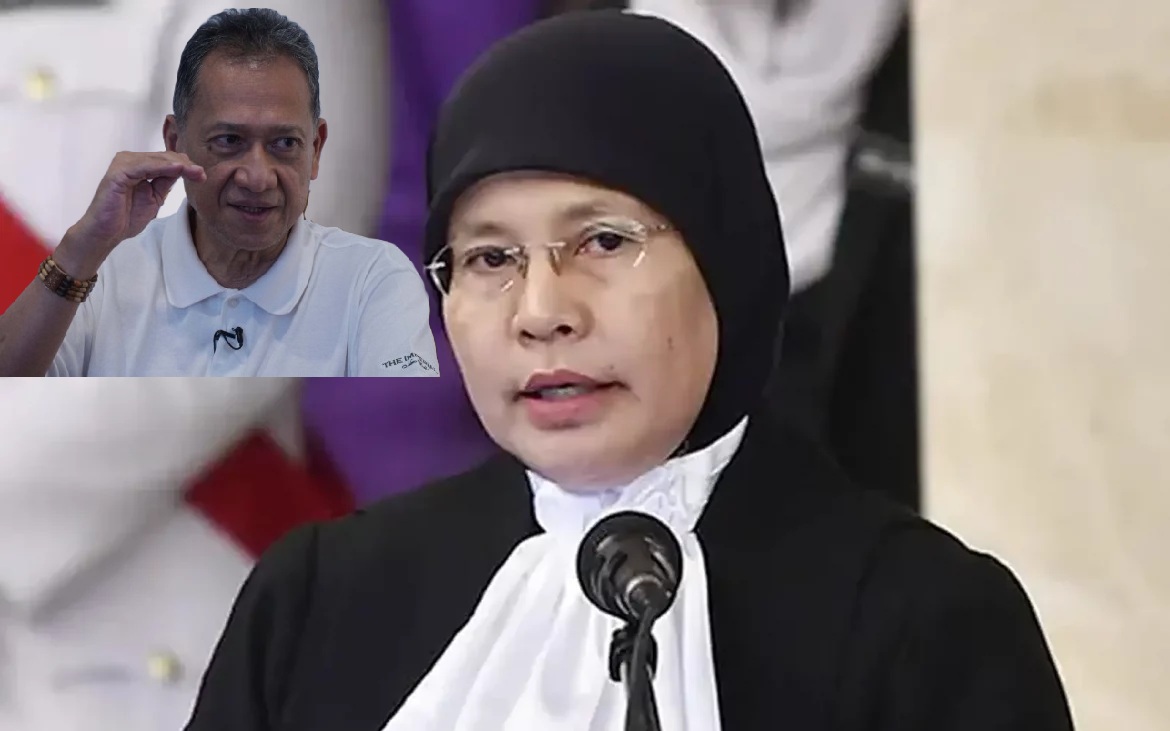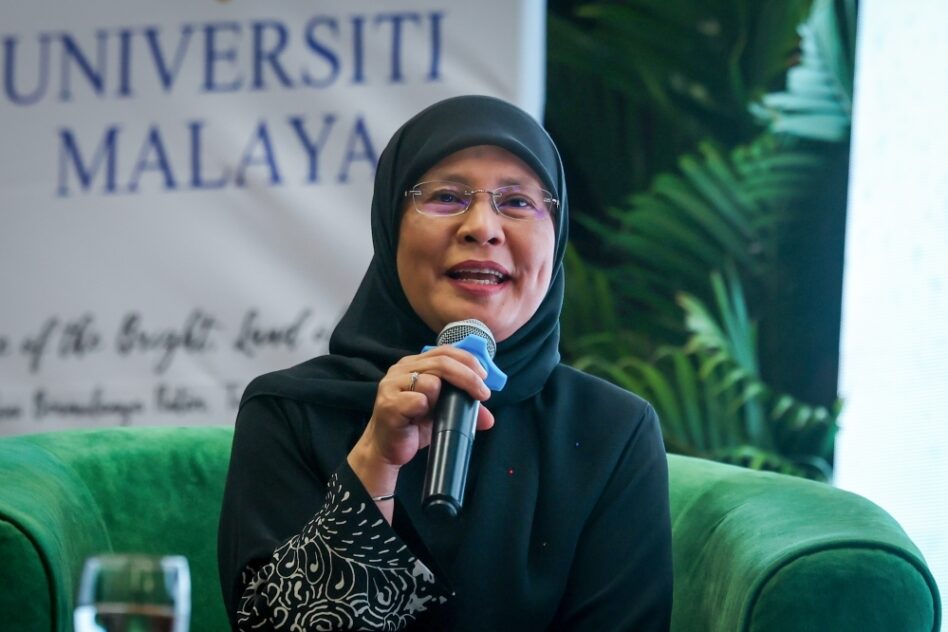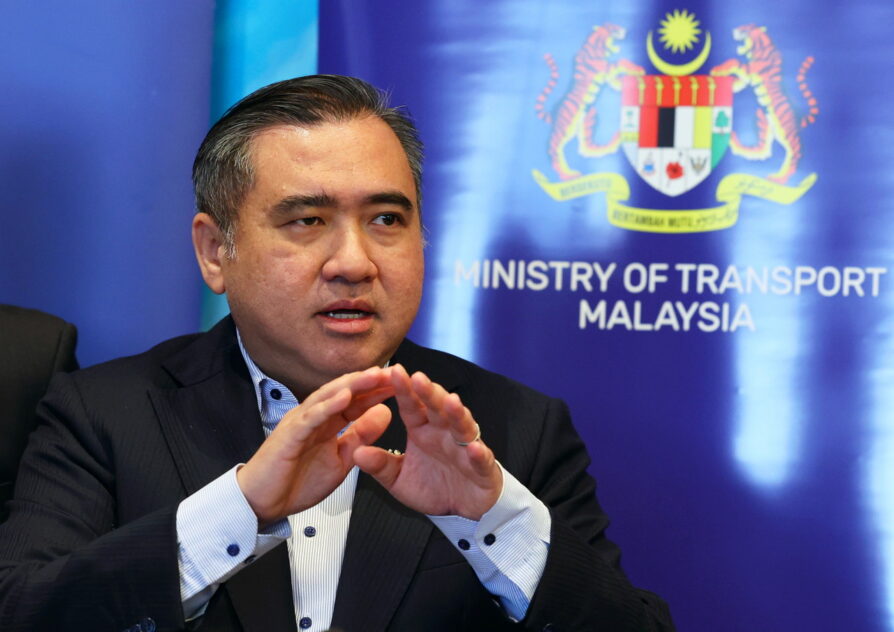I AM puzzled by the reaction of former law minister Datuk Seri Mohamed Nazri Aziz in rising to the defence of Prime Minister Datuk Seri Anwar Ibrahim in response to remarks made by Chief Justice Tun Tengku Maimun Tuan Mat on the need for reform in the process of judicial appointments.
During a law conference in Malta, Tengku Maimun rightly called for amendments to the Judicial Appointments Commission (JAC) Act 2009 and the Federal Constitution to ensure that the PM does not retain the final say in the appointment of senior judicial officers.
She was advocating for institutional reform – not personal criticism.
Under the current system, although the JAC is tasked with identifying and recommending candidates, the PM retains overriding power in the final selection.
As it is, the Yang di-Pertuan Agong(YDPA) appoints judicial officers based on the PM’s advice, effectively giving the head of government substantial influence over the judiciary.
‘Personal defence of PMX’
Tengku Maimun’s call – far from being politically motivated – reflects a long-standing concern among legal scholars and reform advocates: the need to uphold judicial independence and safeguard the separation of powers.
These are not new concerns. They are embedded in the broader debate about governance, accountability and democratic maturity in Malaysia.
However, Nazri who was the former Malaysian envoy to the US took issue with the Chief Justice’s remarks by suggesting that as a civil servant nearing retirement, she should not politicise the matter.
He further claimed that existing checks and balances are sufficient – and that the PM’s dominant role is justified because he is an elected leader entrusted by Parliament.
Though familiar, this argument is no longer tenable in light of modern democratic norms.
In an era where transparency and independence of institutions are paramount, the concentration of power – especially in appointments to the judiciary – poses a risk to the doctrine of separation of powers.
The judiciary must not only be independent but also be seen to be independent. More curiously, Nazri’s reaction suggests he was defending Anwar personally than professionally.
This is despite Tengku Maimun clearly referring to the institutional role of the PM in the appointment process without targeting any specific individual.
Misplaced criticism
Even if her remarks were indirectly aimed at the current administration, they are justified. After all, it was Anwar himself – long before becoming PM – who championed institutional reform and the de-politicisation of state apparatuses, including the judiciary.
Editor’s Note: The Malaysian Bar has come to the defence of Tengku Maimun by stating that Nazri’s criticisms had misrepresented and sensationalised the Chief Justice’s comments.

Nazri, a former politician known for his bluntness, may see his defence of Anwar as necessary but in doing so, he downplays the importance of a critical self-examination of our institutions.
His claim that Tengku Maimun should have waited for a better time to make her concerns known is disingenuous. If not now, when?
If anything, Tengku Maimun should be lauded for speaking out – especially in a climate where many in the public service shy away from addressing structural deficiencies.
Her insights – shaped by years of experience at the highest levels of the judiciary – carry more weight than the rhetoric of political loyalty.
Nazri’s criticisms – while wrapped in the language of protocol and political legitimacy = miss the broader point.
The judiciary must be shielded from political influence – not just in theory but in practice. Suppressing calls for reform only entrenches the very weaknesses that undermine public confidence in our institutions.
If Malaysia is to progress toward genuine democratic governance, critical perspectives such as Tengku Maimun’s should be welcomed – not silenced. In an otherwise moribund bureaucracy, her voice is a rare and necessary breath of fresh air. – April 15, 2025
Former DAP stalwart and Penang chief minister II Prof Ramasamy Palanisamy is chairman of the United Rights of Malaysian Party (Urimai) interim council.
The views expressed are solely of the author and do not necessarily reflect those of Focus Malaysia.









